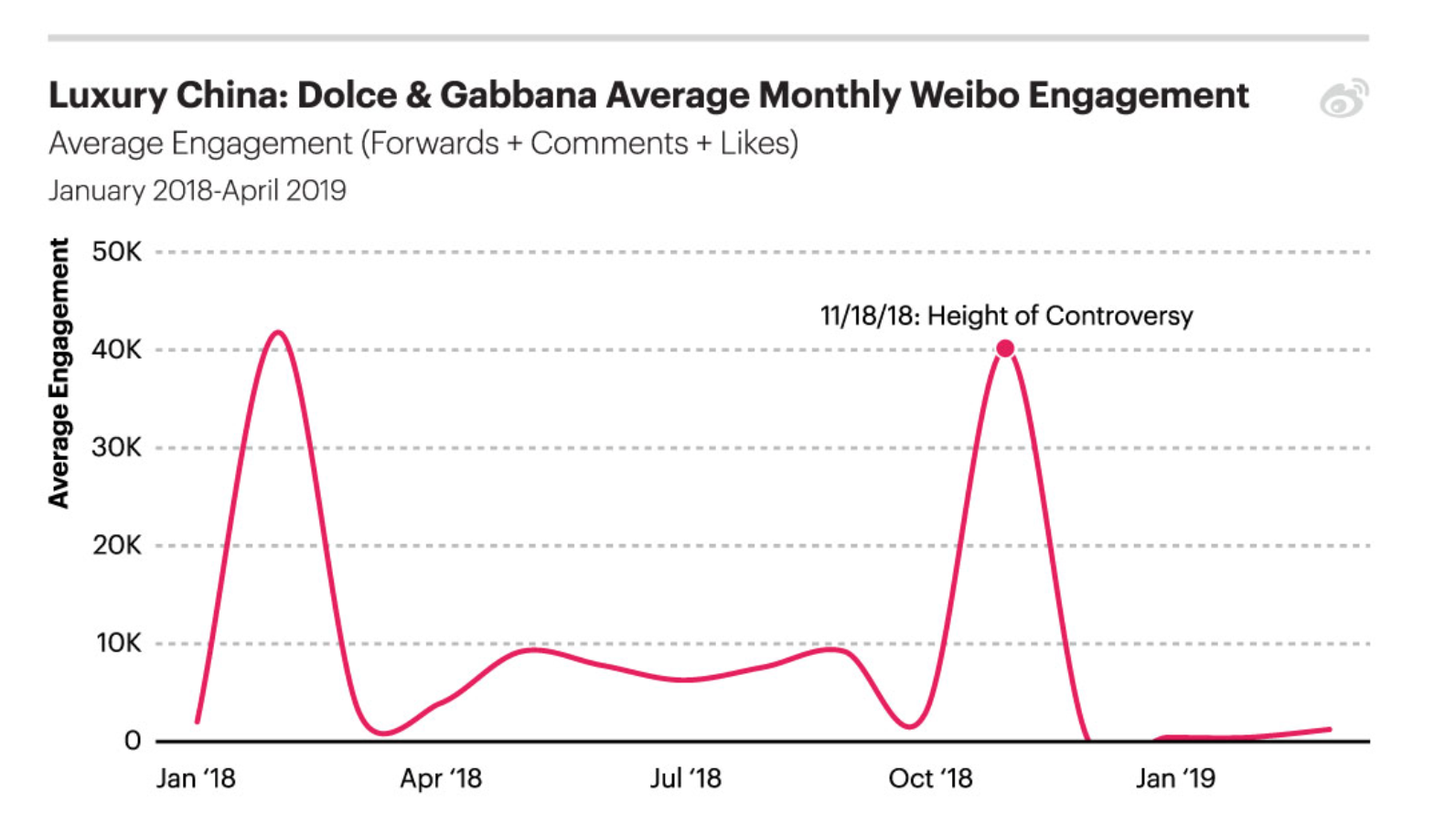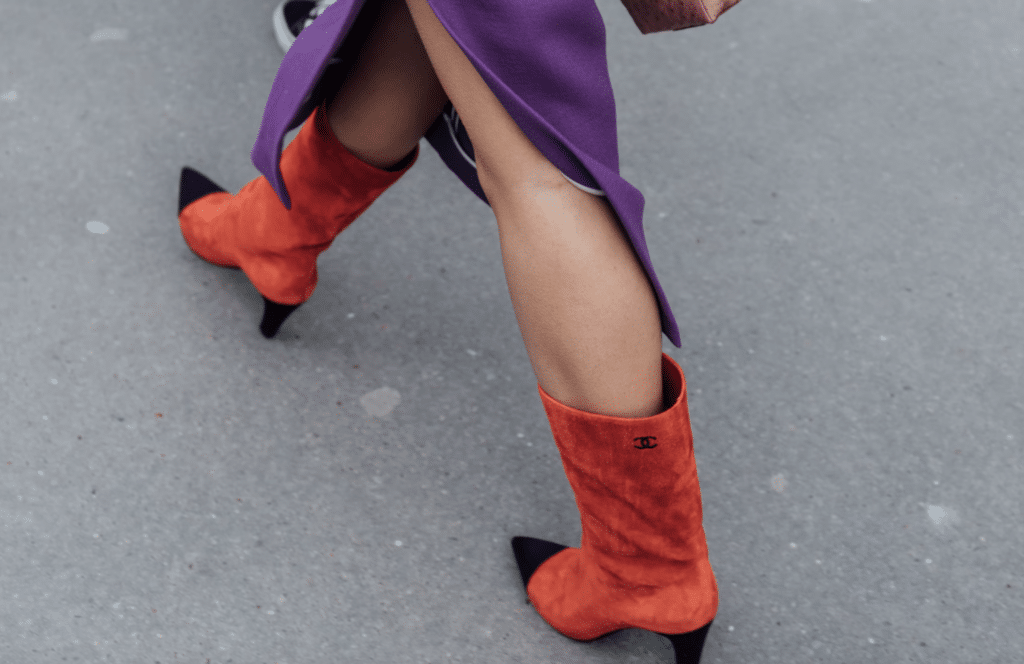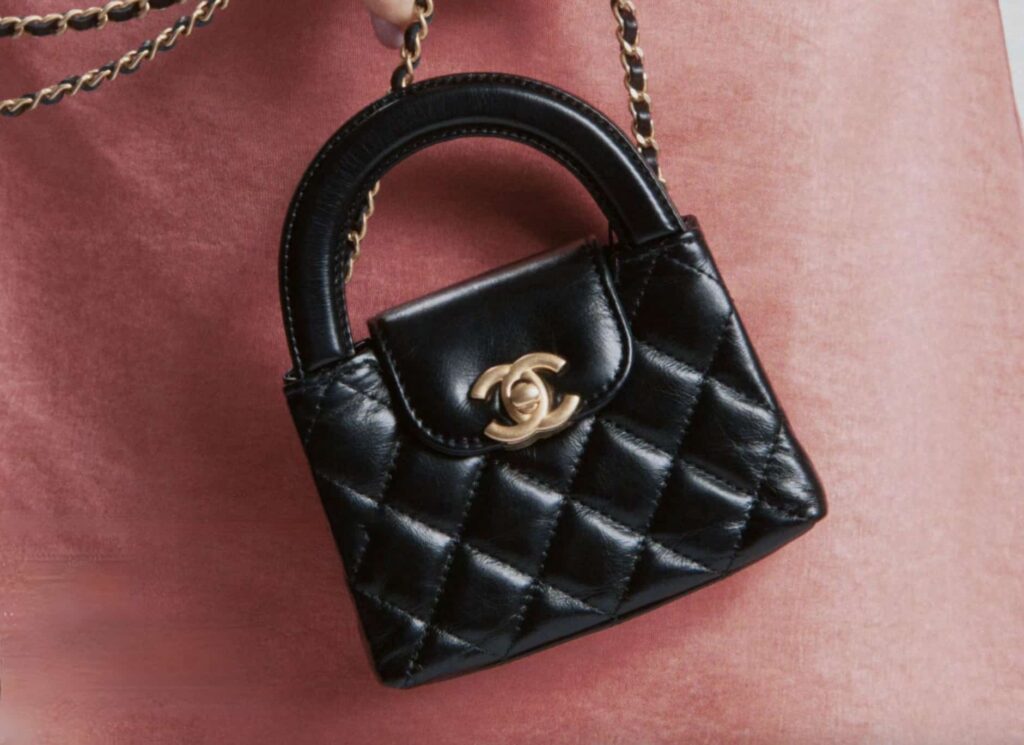Dolce & Gabbana is still “cancelled” in China on the heels of a questionable ad campaign from the Italian design house – featuring a Chinese model eating pizza with chopsticks – and subsequent backlash over racist commentary from one of the brand’s founders. While consumers in the West have not fully sworn off the Domenico Dolce and Stefano Gabbana-founded brand, and in fact, some have seemingly forgotten the scandal altogether, “the impact of the crisis is still being felt in China, which is estimated to make up around a third of the brand’s total sales,” according to Gartner L2’s Digital IQ Index: Luxury China 2019.
The New York-headquartered research and advisory company’s study found that despite “previously [being] a social media juggernaut [in China], dominating the total share of engagement among fashion brands in 2018 on Weibo,” one of the biggest social media platforms in China, things have changed.
For the first 3-month quarter of 2019, Dolce & Gabbana-specific social media engagement was down 98 percent compared to the same quarter last year, L2 found. Widespread Chinese celebrity support has waned significantly and so has consumer engagement.
 image: L2
image: L2
As for the state of its retail operations, L2 states that “Dolce & Gabbana also remains eliminated from all major e-tailers in China.” For instance, “Searches for the brand on Tmall, JD.com, and VIP.com bring up error messages, and the China sites for Yoox and Net-a-Porter do the same for its Chinese name.” There are 14 items that appear on a search for Farfetch’s China site, compared to “the 2,300+ pieces listed when searching FarFetch’s U.S. site for the brand.”
“The brand’s continued banishment is a testament to the strength of China’s online cancel culture,” one that sees celebrities and brands called out on social media for any number of controversial issues – ranging from copying to cultural insensitivities – and boycotted thereafter, L2’s Liz Flora asserts. While cancel culture has found a welcome home on social media in the U.S., it has also found traction in China, where consumers routinely call upon foreign brands “to conform with ideas the [Chinese Communist Party] deems politically correct,” and take action by way of their wallets and their social media “likes” and follows when they don’t.











